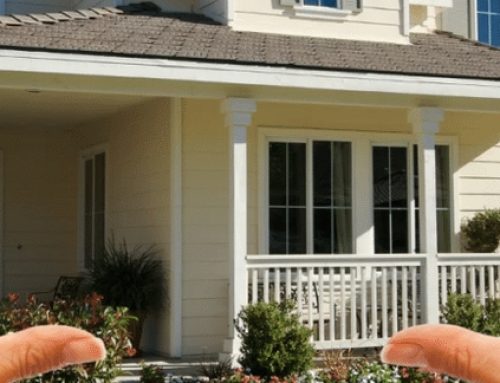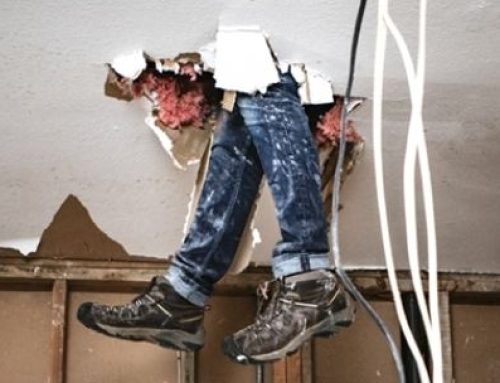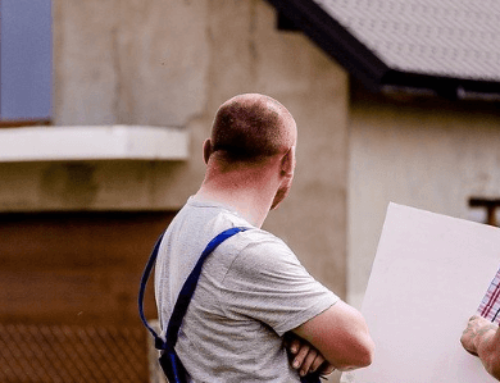As many of you may have heard, just before the Federal election came to a head, Scott Morrison announced a new policy to significantly decrease the deposit first home buyers need to save in order to buy a home. 20% has long been the magic number seared into the mind of young Australians as the ultimate goal to finally break into the property market and begin the next journey of home ownership.
5% is the new magic number
20% deposit no more. Under the proposed scheme, first home buyers would be able to make their break into the market with nothing but a measly 5% deposit. That’s quite a revelation if you find yourself in this demographic. However, like most things that sound too good to be true, there’s always a catch, and nothing is ever that simple. Brendan Coates of the Grattan Institute, an organisation that contributes to public policy, stated rather grimly that the reality of the situation is that first home buyers will only really benefit if someone else loses. So essentially, this translates to, if we implement a 5% deposit scheme for first home buyers, house prices will likely fall as a result.
Coates further went on to say that a large proportion of these people considered eligible, would never even get access to the program in the first place since banking regulations would prevent them from being approved for a loan they couldn’t repay.
This definitely puts a downer on things. It seems as though the deeper you dig, the darker it gets. And digging deeper still, the numbers paint a less than favourable picture for the actual benefit this scheme is likely to have on a nationwide scale. You see, it’s currently estimated that around 127,000 Australians fall into the group of those eligible to take part in the scheme and who presently have their 5% deposit saved. However – and this is important – the scheme is capped at a maximum of 10,000 borrowers. Putting that into perspective, this is a mere 10% of the number of Australians who successfully purchased their first home in 2018. In a nutshell, this basically means that only a small percentage of those eligible to partake will actually benefit.
So what if the program was opened up to more Australians?
It’s because of this outlook that the Grattan Institute has now deemed the Coalition’s policy as irrelevant since it’s really not likely to do much in the way of improving home ownership numbers. Not only that though, but Mr Coates is also of the belief that even if they decided to open up the scheme to access a greater number of Australians, this would simply just result in more problems for first home buyers in the long run.
The reasoning behind this is that if you increase the number of people able to gain access to the program, it would then lead to a heightened demand, which in turn would end up just increasing house prices even further. And if you think about it, the increase in property prices is one of the biggest issues currently faced by first home buyers as it is. So we end up going full circle and first home buyers find themselves back at square one again. Even with the nationwide drop in housing prices, the struggle for first home buyers to save up for a full deposit is becoming increasingly painful. Coates admitted that it was just about the biggest obstacle in the way of home ownership in Australia right now since saving for a 20% deposit takes an average of about 10 years, whereas it only used to takes Australians 5-6 years max.
Surely there’s a silver lining…
Not everyone is being all doom and gloom about the announcement though. Many young Australians have rejoiced at the announcement of the scheme’s implementation and genuinely believe that it will open up doors for them and bring about opportunities they might’ve waited half a decade for otherwise.
There is another issue just lurking beneath the surface however. Chief economist at JP Morgan, Sally Auld, mentioned that it is likely a bad idea to motivate first home buyers to get into the property market while it is plagued with such uncertainty. The result of this could be that a large number of Australians end up living with negative equity, meaning they’ll owe more on their property than it’s actually worth. Nobody wants that. Ms Auld’s argument essentially fell under the premise that the money will need to be paid back regardless, so encouraging first home buyers with no established credit history to take out large loans is unreasonable and senseless.
Is there any good news for first home buyers?
On another note though, many first home buyers will be happy to hear that acquiring loan approval might be about to get a whole lot easier. Australia’s banking regulator, APRA, has just announced that it has proposed that banks ought to ease off on lending restrictions, giving borrowers a far greater chance of securing a home loan. However, some experts don’t see this as legitimate compensation for lowering interest rates, something that isn’t on the cards.
Coates felt as though over the past few decades politicians have been far more concerned with implementing ideas that sound good in theory but practically never live up to the hype. He believes that what needs to happen will be the result of much more politically difficult decisions to modify the tax system or planning rules that will increase supply in return.
The argument is that the tough choices are what’s going to make housing affordable in the long run, but politics is caught up in a vicious cycle of short term policies that provide short term results. Hopefully things will improve moving forward, but for now, we’ll just have to see how these new changes pan out.







Leave A Comment